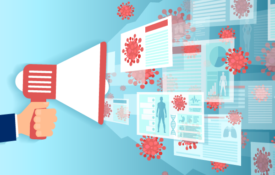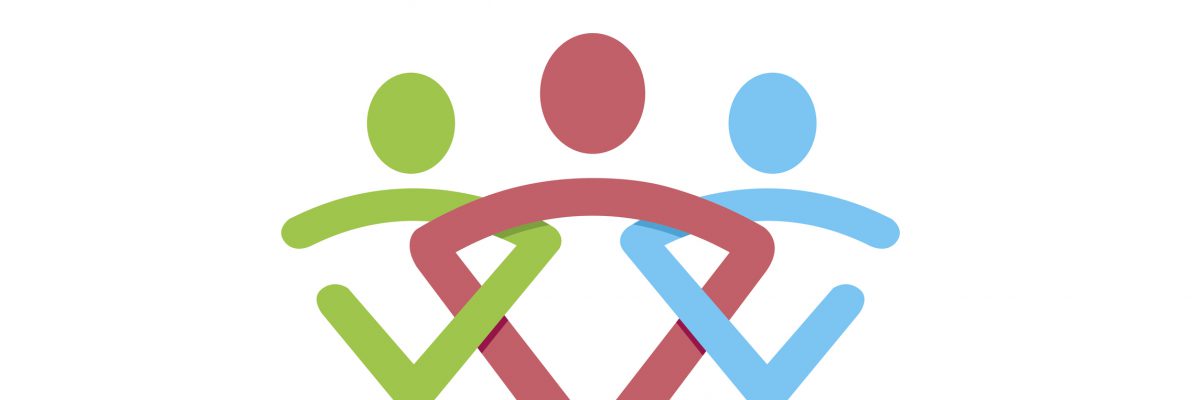
The psychological mechanisms that lead us to have faith in certain people and be suspicious of others are vast. Learn what psychological researchers have discovered about interpersonal trust.
Psychological scientists are harnessing the biases and expertise of imperfect individuals to enhance the wisdom of crowds.

Psychological researchers face a number of methodological and practical challenges when collecting data on low socio-economic communities. A team of scientists offer suggestions on overcoming those obstacles.

Psychological experiments historically included lab-invented secrets and simulated social interactions. But a fresher body of research explores the secrets people keep in their everyday lives, experimental psychologist Michael Slepian wrote in a new article for Current Directions in Psychological Science.
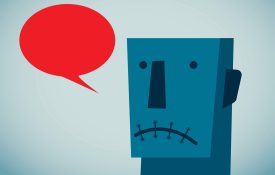
While many researchers continue to wrestle with the extent to which our memories can be relied on, others are exploring how this malleability can be harnessed to improve well-being.
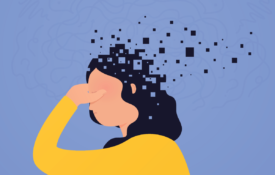
In this collection of Flash Talks from the 2021 APS Virtual Convention, we highlight talks by students and early-career researchers related to behavioral change.

Lesson plans on why we fall prey to scams and experience the placebo effect through films by David G. Myers, Cindi May, and Michael Scullin.

A comprehensive report examines the psychological research on the factors that drive public trust and law-related behavior.
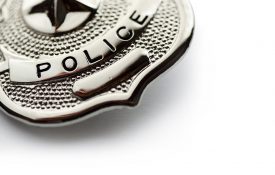
Overcoming anti-science beliefs will require proactive public-awareness and issue-management campaigns.

A team of researchers share scientific findings on conditions that foster cooperative use of common resources, ranging from drinking water to public television.
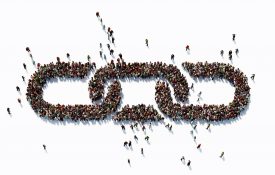
Preschoolers are still learning to consider information accuracy when making judgements of trustworthiness.
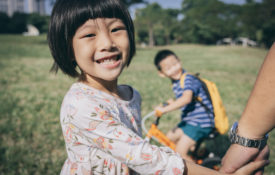
We may perceive those we can trust to disagree with us as having greater integrity than “fence-sitters” who have no strong feelings either way.
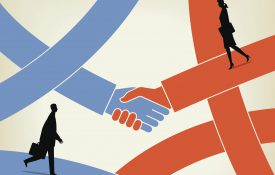
Being “average” is often considered a bad thing, but research suggests that averageness wins when people assess the trustworthiness of a face.
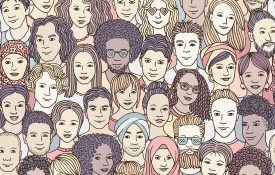
We’re averse to hypocrites because their disavowal of bad behavior sends a false signal, misleading us into thinking they’re virtuous when they’re not, findings from a psychological study show.

People often mimic each other’s facial expressions without even knowing it, but research shows that they also mimic the size of each other’s pupils.
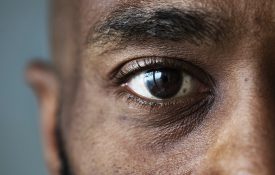
Discussing matters of the heart can be the start of something beautifully platonic between the sexes – so long as the male isn’t interested in more.

APS Fellow Betsy Levy Paluck demonstrates how the influential power of social norms can be channeled toward the greater good.
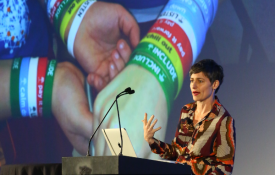
Chief executives with certain facial features are immediately assessed as more trustworthy, and are less likely to be blamed for a company's financial problems, a study has found.

A criminal defendant's face may determine the severity of the sentence he receives, a study using photos and sentencing data of inmates shows.

When it comes to detecting deceit, your automatic associations may be more accurate than conscious thought in pegging truth-tellers and liars, according to findings from a psychological study.
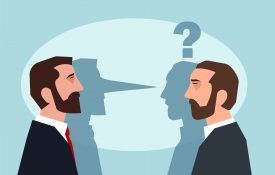
Trust in others and confidence in societal institutions are at their lowest point in over three decades, analyses of national survey data reveal.

Can people learn to better identify fake news about COVID-19—and if so, would they be less likely to share that fake story with others? Perhaps, but it may take more than simply priming them to think more critically beforehand.
